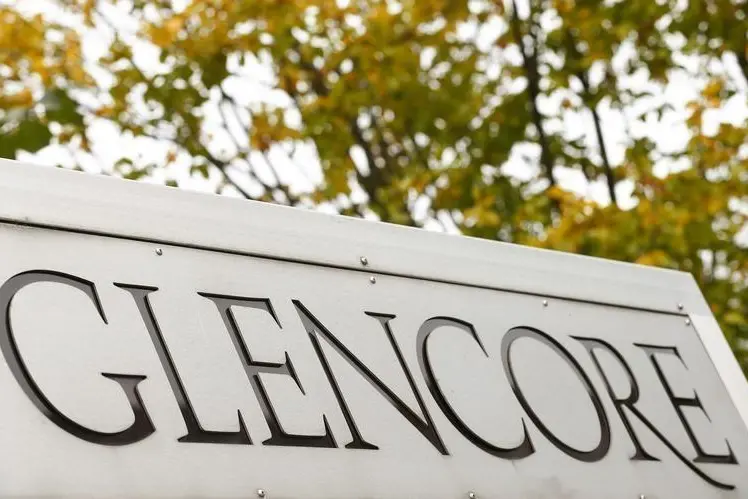PHOTO
N'DJAMENA - Chad has reached an agreement with its creditors, including Swiss commodities trader Glencore, paving the way for more funding from the International Monetary Fund, but stopping short of reducing the central African country's $3 billion in external debt.
The deal, outlined by Chad's finance minister Tahir Hamid Nguilin on Friday, is the first to be agreed under the Common Framework - a mechanism created by the Group of 20 major economies in late 2020 to help poor countries weather the fallout from the COVID-19 pandemic. However, the framework was widely criticised for delays in granting debt relief.
The minister's statement confirms a Reuters report that creditors had reached an agreement in principle. It also marks China's first participation in a joint debt treatment deal with other creditors, a source familiar with the process said.
"Chad is the first country to reach an agreement with its official and private creditors under the G20 Common Framework," Eric Lalo, head of sovereign advisory at Rothschild & Co and adviser to Chad's government told Reuters.
The "favourable outcome for Chad" of these negotiations will help the country access deeply needed funding from international financial institutions as well as address in advance potential debt sustainability issues, Lalo added.
Nguilin said the parameters of the debt treatment were in line with commitments made by Chad under its Extended Credit Facility (ECF) programme with the IMF as well as Common Framework principles, making it "possible to restore the sustainability of the public debt."
He did not specify the terms of the deal in his statement.
World Bank President David Malpass told Reuters on Friday that he was "deeply concerned" about Chad's longer-term ability to pay its debts since ongoing oil price volatility and the failure of creditors to agree to actual debt cuts.
"This is a long-term problem that they're facing," Malpass said. "The challenge is that the agreement that they reached with the creditors doesn't reduce the debt ... There's not a reduction in net present value."
A source familiar with the negotiations told Reuters on Thursday that it would include a reprofiling to stretch out Chad's debt payments in 2024, but no debt "haircut".
A third of Chad's external debt, which stood at close to $3 billion by end-2020, according to IMF data, is commercial and concentrated in an oil-backed loan from Glencore.
"We are pleased that all stakeholders have agreed on how Chad's external debt should be treated," a Glencore spokesperson said in an emailed statement.
Chad said the deal with bilateral and commercial creditors will allow for another disbursement from its $572 million, four-year ECF programme by end-2022, pending IMF approval.
FIRST COMMON FRAMEWORK DEAL
Apart from Chad, Ethiopia and Zambia also sought a debt restructuring under the G20 Common Framework.
World Bank and IMF officials, as well as Western finance officials, have grown increasingly frustrated about what they see as foot-dragging by China in addressing debt issues, despite its role as the world's largest bilateral creditor.
China, which holds about $291 million of Chad's external debt, has tended to offer debt relief by extending maturities rather than accepting writedowns on loans. Beijing rejects claims that it has delayed work on cases such as Zambia.
Chad was widely expected to be first to reach a framework deal given the mix of its external creditors. It reached a deal in principle with official creditors last year, but Glencore and other private creditors balked at joining until now.
In October, the country's bilateral creditors - China, France, India and Saudi Arabia - said in October the country did not currently require debt relief given higher oil prices, but pledged to reconvene and offer Chad help if needed.
The IMF said earlier this month that it could not make more disbursements to Chad from the ECF program that began in 2021 until a "contingent" debt relief deal was agreed by creditors.
Neither the IMF nor the Paris Club were immediately available for comment on Friday.
(Reporting by Mahamat Ramadane in N'Djamena, Karin Strohecker in London, and Andrea Shalal in Washington; Writing by Nellie Peyton and Rachel Savage, Editing by David Goodman, Jane Merriman and Toby Chopra)





















